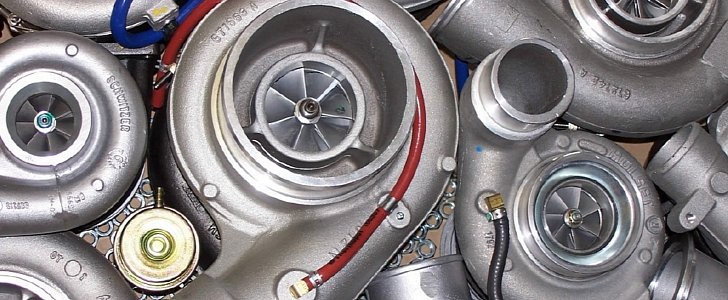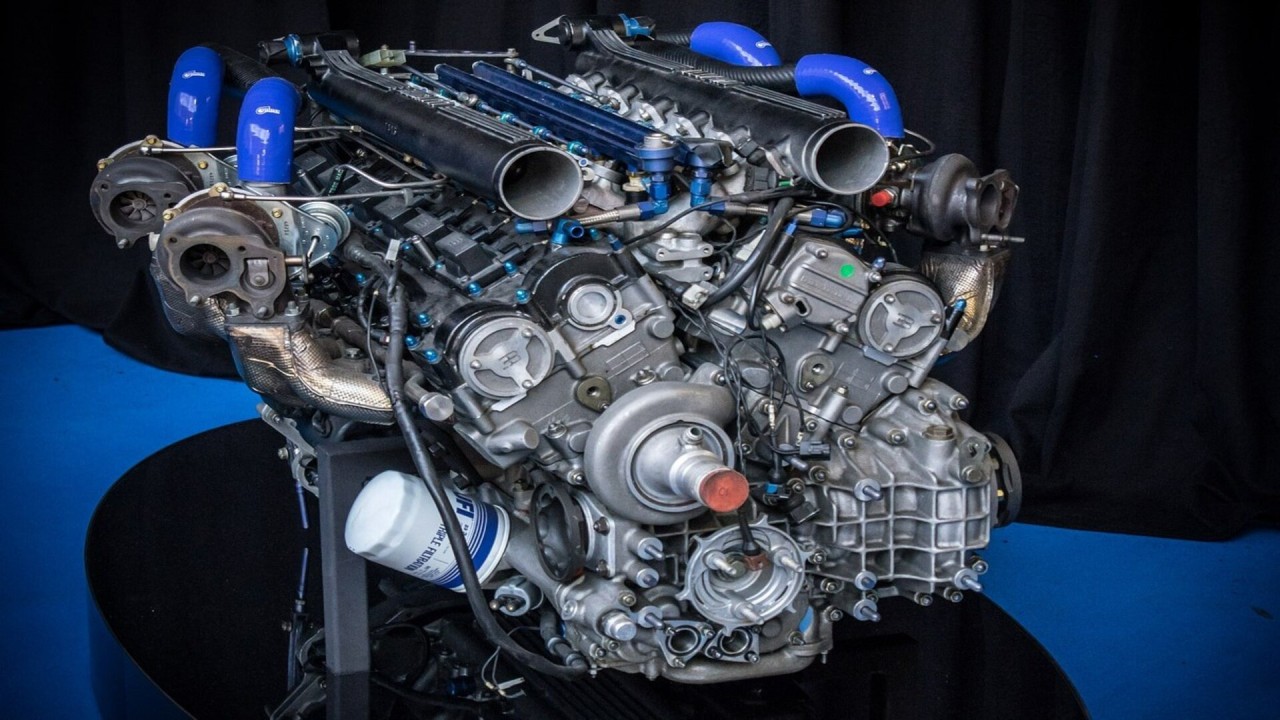Discover a Wide Variety of Engines for Every Vehicle and Objective
The automobile landscape is increasingly complicated, with a varied range of engine kinds created to fulfill specific efficiency and effectiveness demands across various lorry groups. From the high-performance engines that power cars to the fuel-efficient choices tailored for daily travelling, the selections are substantial and differed. In addition, durable engines offer the needs of job lorries, while eco-friendly options are obtaining grip in the pursuit of sustainable transport. Recognizing these differences is vital for making notified choices, specifically as arising innovations continue to shape the future of automobile engineering. What effects might these improvements hold for suppliers and consumers alike?
Kinds of Automotive Engines
Automotive engines can be classified right into numerous distinct kinds, each designed to satisfy specific efficiency and effectiveness requirements. The most usual categories consist of inner burning engines, electrical engines, and hybrid systems.

Electric engines, on the various other hand, operate electrical power kept in batteries, giving instantaneous torque and no exhausts. These engines are becoming significantly prominent due to improvements in battery innovation and the growing emphasis on sustainability.
Crossbreed systems combine both inner combustion and electric engines, enabling cars to enhance gas effectiveness and minimize discharges by seamlessly switching over in between power sources. Each engine kind offers its benefits and disadvantages, influencing factors such as lorry style, intended usage, and market need. When choosing the proper engine for their particular demands., understanding these distinctions is critical for producers and customers alike.
Performance Engines for Sports Cars
Performance engines for sporting activities automobiles are particularly engineered to provide enhanced power, dexterity, and speed, establishing them in addition to common automobile engines. These engines frequently use advanced modern technologies such as turbocharging, turbo charging, and variable valve timing to optimize effectiveness and responsiveness.
Typically, performance engines are made with greater compression ratios, which enable greater power extraction from fuel. This causes impressive horse power and torque figures, enabling rapid acceleration and higher full throttle. Additionally, the light-weight materials used in these engines, such as aluminum and carbon fiber, add to minimized overall lorry weight, boosting handling and maneuverability.
Engine setups like V6, V8, and even hybrid systems prevail in performance cars, each offering distinct benefits in regards to power distribution and driving dynamics. The adjusting of these engines is also crucial; numerous producers enhance the engine monitoring systems to provide an exciting driving experience, often including sport settings that adjust throttle feedback and equipment shifts.
Efficient Engines for Daily Commuters
In the world of daily commuting, reliable engines play a vital role in maximizing fuel economic climate and lessening emissions while providing reputable efficiency. As metropolitan populations expand and environmental issues escalate, the demand for cars outfitted with efficient powertrains has actually surged.
Modern engines made for day-to-day travelers typically integrate technologies such as turbocharging, straight gas injection, and hybrid systems. Turbocharging enhances engine efficiency by forcing more air right into the combustion chamber, permitting for smaller sized, lighter click to read engines that do not compromise power output. Straight gas injection boosts fuel atomization, resulting in much better burning and boosted effectiveness.
Crossbreed engines, integrating inner combustion with electric power, more augment fuel economy, especially in stop-and-go website traffic, where standard engines can experience inefficiencies. Electric motors help throughout velocity and can operate separately at reduced rates, minimizing total gas consumption.
Furthermore, improvements in engine administration systems and lightweight materials add dramatically to reliable engine style. By concentrating on efficiency, longevity, and ecological sustainability, makers remain to deliver engines that not just fulfill the demands of daily travelling but also align with international efforts to decrease carbon footprints.
Heavy-Duty Engines for Work Vehicles
Sturdy engines for work automobiles are consistently engineered to deliver remarkable torque and integrity under demanding problems. These engines are created to carry out in settings where this post standard engines might falter, such as construction websites, logging operations, and agricultural settings. The main focus of sturdy engines is their ability to generate high degrees of power while preserving resilience over expanded periods of procedure.
Normally, sturdy engines utilize advanced materials and robust construction strategies to withstand the roughness of heavy work. Attributes such as reinforced cyndrical tube blocks, boosted air conditioning systems, and advanced gas shot modern technologies add to their effectiveness. These engines commonly operate at lower RPMs, which helps to maximize gas effectiveness while giving the required power for carrying and hauling.
Along with mechanical robustness, durable engines are often geared up with innovative digital control units (ECUs) that handle efficiency, emissions, and diagnostics. This integration permits far better monitoring and maintenance, making sure that job lorries stay reliable and functional.
Ultimately, durable engines are an essential component in the productivity of different sectors, providing the necessary power and reliability to tackle the most difficult of jobs.
Eco-Friendly Engine Options
The expanding focus on sustainability has actually caused the development of environment-friendly engine choices that prioritize decreased emissions and boosted fuel efficiency. These engines are designed to minimize the ecological influence of automobiles while still providing the read more performance and dependability anticipated by consumers.
Among one of the most remarkable eco-friendly options are electric and hybrid engines. Crossbreed engines combine conventional internal burning engines with electrical propulsion, permitting minimized fuel consumption and reduced greenhouse gas exhausts. Electric engines, on the other hand, operate entirely on battery power, generating absolutely no tailpipe discharges and adding to cleaner air quality.
Another encouraging advancement is the development of biofuel engines, which utilize renewable energies, such as plant products, to power cars (Engines For Africa). By using biofuels, these engines can minimize dependency on fossil gas and lower total carbon footprints

As the auto market progresses, environmentally friendly engine alternatives will play an important duty in driving the shift towards even more sustainable transportation services.
Conclusion
From high-performance engines that improve sporting activities automobile capacities to reliable models prioritizing gas economy for everyday travelers, each kind offers a particular feature. Sturdy engines provide to durable job automobiles, while eco-friendly options, such as electric and biofuel engines, promote sustainable transport.
